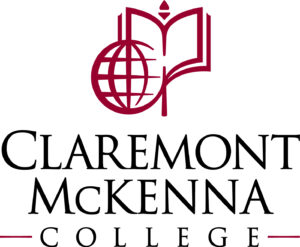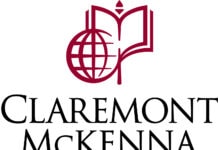The Master in Finance program at Claremont McKenna is one of the most popular MSF programs in the US. I routinely receive emails from students inquiring about it and their placements speak for themselves. I am privileged to have an up to date student review to share with you all and I think that it reinforces all the good things I have seen and read. Hope it helps!
————————————
1) Why an MSF in general? Why the Claremont McKenna Master in Finance in particular?
In undergrad I studied economics, which was heavily theory focused. I wanted to study finance because I thought it would be more practical and do a better job preparing me for a career in the financial sector. My goal was to get a job in investment banking, and I thought a master in finance and CMC, in particular, would give me the best chance of accomplishing that goal.
I chose CMC for a couple of reasons. First, I liked the small size of the program. I went to a big university for undergrad, so I knew if I went back to get a Master’s degree, I wanted to do it in a more engaging, close-knit environment. Second, I thought that the recruiting exposure at CMC was excellent and would allow me access to a lot of great firms and opportunities.
2) Who would you recommend the Claremont McKenna program to?
I would recommend the program to students 0-2 years out of school looking to break into investment banking, asset management, corporate finance, accounting, or consulting. The overwhelming majority of students get hired into entry-level roles, so that’s something to keep in mind. Classes are small and a lack of attendance/participation affects students’ grades quite a bit, so I would recommend the program to students that enjoy this type of environment.
3) Pros / Cons (if any) of the program?
Pros:
- Recruiting access and career services
- Alumni Network
- 2 recruiting trips at no extra cost to students. In years past, the program has visited with top firms in New York, Hong Kong, and San Francisco.
- Scholarships – Typically 50% tuition or more.
Cons:
- A lot of statistics and regression work that is not useful outside of academia or quantitative research positions. Econometrics class is heavy in this obviously, but I’ve been told that it is becoming optional.
4) Anything else you would like to add. You can talk about the campus experience, EC’s, recruiting, whatever you want.
Recruiting at Claremont McKenna College is especially strong for both investment banking and management consulting. Through CMC (on-campus, CMConnect posting, resume book, etc.), investment banking recruiting during my year included Wells Fargo, Lazard, Centerview Partners, Robert W. Baird, Harris Williams & Co., Sagent Advisors, D.A. Davidson, Houlihan Lokey, Macquarie Capital, JMP Securities, GCA Savvian, and others. Breaking into a bulge bracket will be tough as they typically target CMC undergrads for internships and then give return full-time offers. There are plenty of alums at bulge brackets though, so networking heavily with those firms is a good strategy if bulge bracket is your goal.
While not many students have taken consulting job offers out of the program, many have interviewed on campus with MBB and other strong firms, so the opportunities are certainly there.
Also, a majority of on-campus recruiting tends to be a bit more West Coast focused, so that is something to consider as well.




